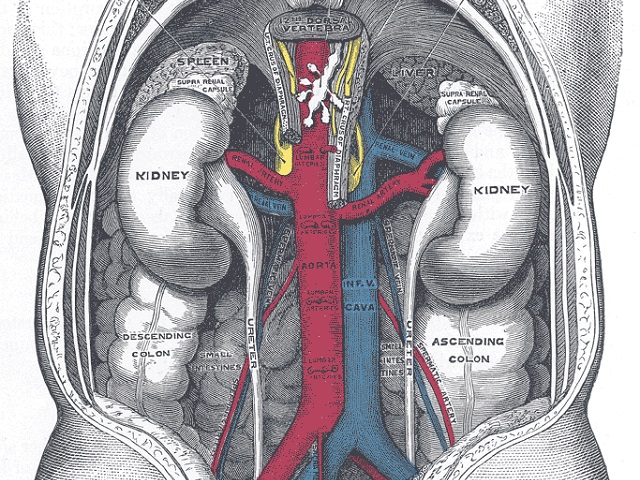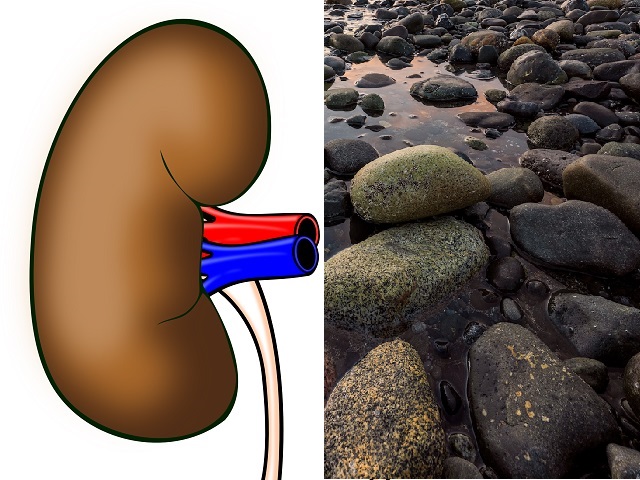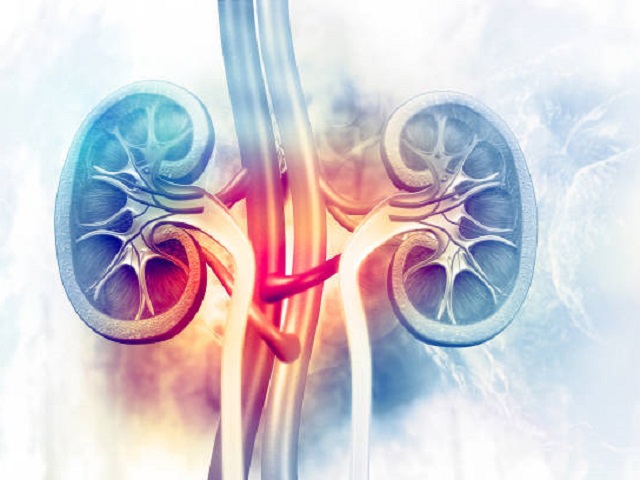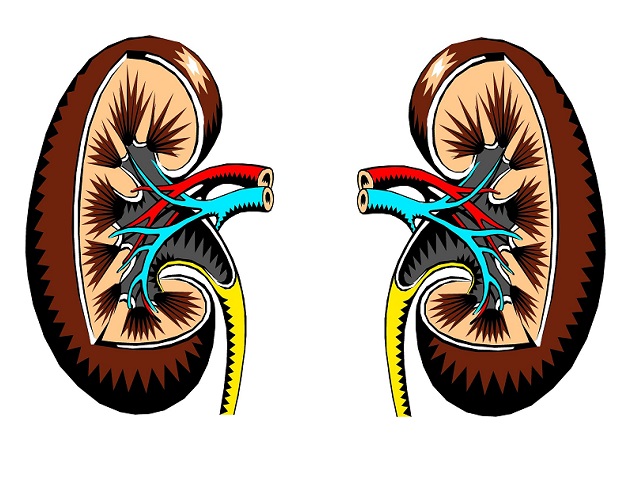9 Signs You May Have Kidney Disease - - Symptoms, Causes, Effects, Treatment and Prevention
Kidney disease, also known as renal disease, refers to a condition in which the kidneys are damaged and cannot function properly. The kidneys play a crucial role in filtering waste products and excess fluids from the blood, regulating blood pressure, maintaining electrolyte balance, and producing hormones that stimulate red blood cell production. Kidney disease can range from mild to severe and may progress over time, leading to kidney failure if left untreated.
Symptoms of Kidney Disease:
The symptoms of kidney disease can vary depending on the underlying cause and the stage of the disease. Common symptoms may include:
- Fatigue and weakness.
- Swelling in the hands, legs, ankles, or feet (edema).
- Changes in urination patterns, such as increased or decreased urine output, foamy urine, or blood in the urine.
- Persistent itching.
- Loss of appetite and weight loss.
- Muscle cramps or twitches.
- Difficulty concentrating.
- Shortness of breath.
- Hypertension (high blood pressure).
In the early stages, kidney disease may not cause noticeable symptoms, but as the condition progresses, these symptoms may become more apparent (National Institute of Diabetes and Digestive and Kidney Diseases, 2019a).
Causes of Kidney Disease:
Kidney disease can have various causes, including:
- Diabetes: Uncontrolled diabetes can damage the blood vessels in the kidneys, impairing their function over time.
- High blood pressure: Prolonged high blood pressure can strain the blood vessels in the kidneys, leading to kidney damage.
- Chronic kidney infections: Repeated kidney infections can cause scarring and damage to the kidneys.
- Glomerulonephritis: Inflammation of the kidney's filtering units, called glomeruli, can affect kidney function.
- Polycystic kidney disease: A genetic condition characterized by the growth of cysts in the kidneys, leading to impaired kidney function.
- Medications and toxins: Certain medications, toxins, and substances, such as nonsteroidal anti-inflammatory drugs (NSAIDs) and heavy metals, can damage the kidneys.
- Other conditions: Certain autoimmune diseases, urinary tract obstructions, and kidney stones can contribute to kidney damage.
It is important to identify and address the underlying cause to manage and treat kidney disease effectively (National Institute of Diabetes and Digestive and Kidney Diseases, 2019b).
Effects of Kidney Disease:
Untreated or poorly managed kidney disease can have significant effects on overall health and well-being. Some potential effects of kidney disease include:
- Reduced kidney function: The kidneys may gradually lose their ability to filter waste products and excess fluids, leading to a buildup of toxins and fluid imbalances in the body.
- Electrolyte imbalances: Kidney disease can disrupt the balance of electrolytes, such as sodium, potassium, and calcium, in the body.
- Anemia: The kidneys produce a hormone called erythropoietin, which stimulates the production of red blood cells. In kidney disease, reduced erythropoietin production can lead to anemia.
- Bone disease: Imbalanced levels of calcium and phosphorus in kidney disease can affect bone health and lead to bone diseases such as osteoporosis.
- Cardiovascular complications: Kidney disease increases the risk of high blood pressure, heart disease, and stroke.
- Fluid retention and edema: Impaired kidney function can lead to fluid retention, causing swelling in the hands, legs, ankles, or feet.
- Kidney failure: In advanced stages, kidney disease can progress to kidney failure, requiring dialysis or a kidney transplant to sustain life.
Treatment of Kidney Disease:
The treatment of kidney disease depends on the underlying cause and the stage of the disease. Treatment approaches may include:
- Medications: Medications may be prescribed to control blood pressure, reduce inflammation, manage underlying conditions, and address specific symptoms.
- Diet and lifestyle modifications: Following a kidney-friendly diet that limits salt, protein, and phosphorus intake can help manage kidney disease. Additionally, maintaining a healthy weight, exercising regularly, and avoiding smoking and excessive alcohol consumption are important.
- Dialysis: In cases of advanced kidney disease or kidney failure, dialysis may be required to perform the function of the kidneys and remove waste products from the blood.
- Kidney transplant: A kidney transplant may be considered for individuals with end-stage kidney disease who are eligible and have a suitable donor.
Prevention of Kidney Disease:
Prevention plays a vital role in reducing the risk of kidney disease. Some preventive measures include:
- Managing underlying conditions: Proper management of conditions such as diabetes and high blood pressure can help prevent kidney disease or slow its progression.
- Healthy lifestyle: Adopting a healthy lifestyle, including a balanced diet, regular physical activity, weight management, and avoiding smoking and excessive alcohol consumption, can help maintain kidney health.
- Regular check-ups: Regular monitoring of blood pressure, blood sugar levels, and kidney function through routine check-ups can help detect and manage kidney disease at an early stage.
- It is important to consult with a healthcare professional for personalized guidance and recommendations regarding kidney disease prevention and treatment.
References:
National Institute of Diabetes and Digestive and Kidney Diseases. (2019a). Symptoms & causes of kidney disease. Retrieved from https://www.niddk.nih.gov/health-information/kidney-disease
National Institute of Diabetes and Digestive and Kidney Diseases. (2019b). Treatment methods for kidney failure: Hemodialysis. Retrieved from https://www.niddk.nih.gov/health-information/kidney-disease/kidney-failure


















